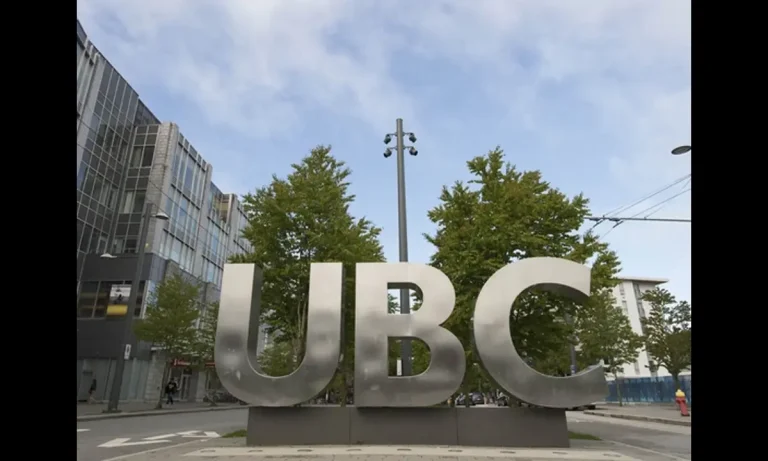A group of professors and a graduate student have taken legal action against the University of British Columbia (UBC), saying the school is acting in a political way that breaks the rules set by law. The group says UBC’s use of Indigenous land acknowledgments, equity programs, and its public stance on global issues like the Israel-Palestine conflict go against the University Act, which says schools must stay non-political. The case was filed in the B.C. Supreme Court and claims UBC’s actions are hurting academic freedom.
Professors Say UBC Is Crossing the Line
The group includes philosophy professor Andrew Irvine and English professor Michael Treschow. They argue that UBC should not make public statements that take a side on political matters. The petition says UBC’s actions force staff and students to agree with ideas they may not support.
One big issue is UBC’s land acknowledgment. The university often says it sits on “unceded Indigenous land.” But the professors say this phrase is political and supports a belief that Canada was built on stolen land.
“Saying land is unceded is like saying Canada has no right to exist,” the petition states.
Diversity Rules Called ‘Political Beliefs’
The petition also raises concerns about how UBC hires new staff. The university asks job applicants to support values like diversity, equity, and inclusion (DEI). Applicants must often write statements showing they support these ideas.
The group says this is unfair. They believe that hiring should be based on skill and merit, not belief in certain social or political ideas.
“These hiring rules force people to agree with one political view,” says the petition.
Israel-Palestine Conflict Sparked Legal Action
The professors say the school has taken sides in the Israel-Palestine conflict. Some departments, such as UBC Okanagan’s Senate and the Faculty of Creative and Critical Studies, passed motions that criticized Israel’s actions in Gaza.
Lawyer Josh Dehaas, representing the group, said UBC has made many political statements over time, but the recent war in the Middle East was the last straw.
“The university must speak for everyone, not just for one side,” said Dehaas.
Pressure to Stay Silent on Sensitive Issues
The professors believe UBC’s public statements put pressure on students and teachers. They feel people are being pushed to follow the university’s views or risk being left out.
The court petition says this hurts free speech and the right to think differently. It also points out that disagreeing with the land acknowledgments or diversity hiring could be seen as going against the school, which many feel is unfair.
Legal Backing from Canadian Constitution Foundation
The court case is supported by the Canadian Constitution Foundation, a Calgary-based group that promotes civil liberties. Lawyer Dehaas compared UBC’s hiring rules to loyalty oaths from the Cold War era, when people had to say they were not communists to keep their jobs.
“This limits academic freedom and real discussion,” he added. “Universities should be safe spaces for all kinds of ideas.”
UBC Has Yet to Respond
So far, UBC has not replied to requests for comments about the lawsuit. The school has not made any public statements about the case as of April 8.
What This Could Mean for Other Universities
This lawsuit could lead to big changes for universities across Canada. If the court agrees with the professors, public schools may need to change how they handle land acknowledgments, hiring policies, and political statements.
Experts say it will be a key test of what counts as academic freedom and how far universities can go in sharing social or political views.
This legal fight shows the growing tension between academic freedom and political messaging in public schools. The professors want UBC to stop making political statements and focus on being a neutral space for learning. As the case moves forward, it could set a major legal example for other Canadian universities.


